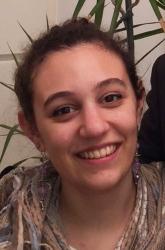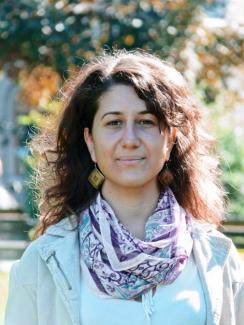Mechanisms of participatory development: Fairness norms and value of participation
Community participation has emerged as one of the dominant approaches in the development sector and it is viewed as an effective way to incorporate local knowledge into planning, implementation and monitoring of interventions, and to reinforce stakeholders' sense of ownership over project assets. However, the existing evidence on the effectiveness of Community-Driven-Development (CDD) programs provides mixed results, and successful experiences of community mobilisation are counterbalanced by projects which outcomes are distorted in favour of local elites.
Reconciling this heterogeneous evidence is a hard task, since the existing studies are characterised by different local contexts, settings, policy designs and implementation rules. We contribute to this debate by providing novel evidence on the importance of fairness norms and citizens' preferences over decision-making processes in determining the final distribution of benefits coming from such projects, and on their impact on elite capture and community participation in decision-making.
This project will provide novel evidence on the mechanisms that explain whether and when participatory approaches are effective, and will be relevant for the design of CDD programs and decentralisation reforms. Our findings will convey information on how to design community projects and deliberation meetings in order to maximise participation from all strata of the community, especially the ones most in need of the intervention. Moreover, we will investigate how implementation rules can originate elite capture through fairness norms, and this will inform on how to design policies in order to ensure that the benefits of the intervention reach the targeted groups.
In order to observe and measure fairness norms and value of participation we designed a series of lab-in-the-field experiments reproducing real-life decision-making processes. Our experimental setting mimics different stages of a CDD program, and it allows us to study the dynamics of group consultation and deliberation, the most common mechanism in participatory development for aggregating preferences of community members into policy formulation.
The project is carried out in 92 villages in rural Bangladesh, in collaboration with the Bnagladeshi NGO “NGO Forum for Public Health”. Participants in our experimental sessions take part in two face-to-face group-bargaining games. In the "Redistribution game", group members will decide how to redistribute a common pool of resources among themselves. In the "Contribution game", agents will make simultaneous decisions on: (i) how much to contribute for the creation of a common pool of resources, and (ii) how to distribute it among themselves. After one round of each game, we will let participants choose between participatory and non-participatory decision-making, and elicit how much they are willing to pay for the first versus the second option.
Our experimental evidence will inform policy makers and practitioners over key features of the institutional design of CDD development projects, and it will be relevant for international aid agencies and local NGOs as well as for the public sector. Indeed, our findings will concern also the implementation of decentralisation reforms for the provision and monitoring of public services in the developing world, which often assign a preeminent role to institutional settings similar to the ones adopted in CDD programs.




